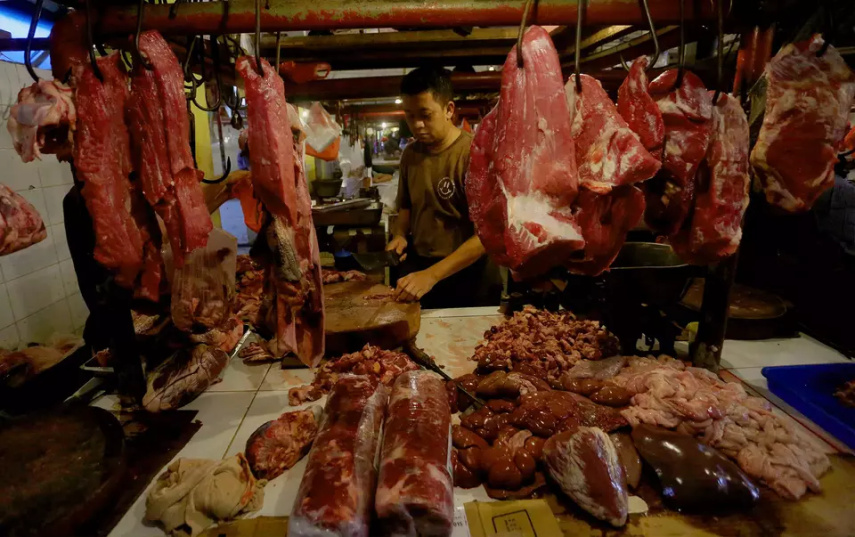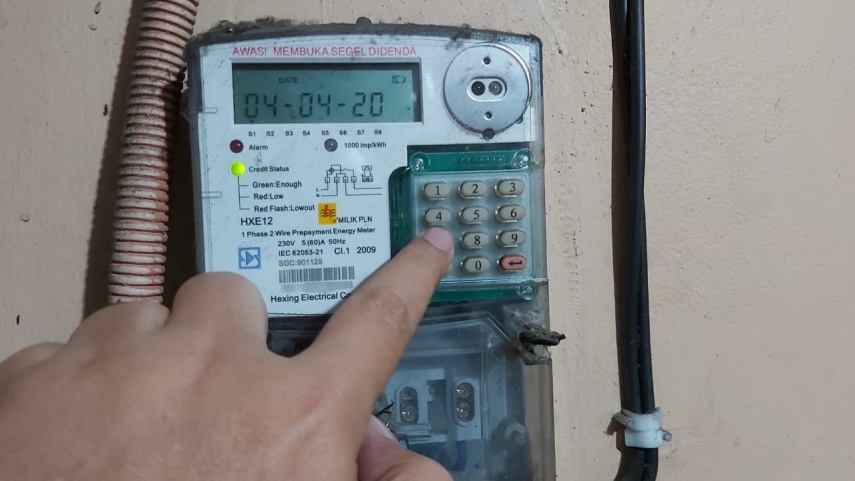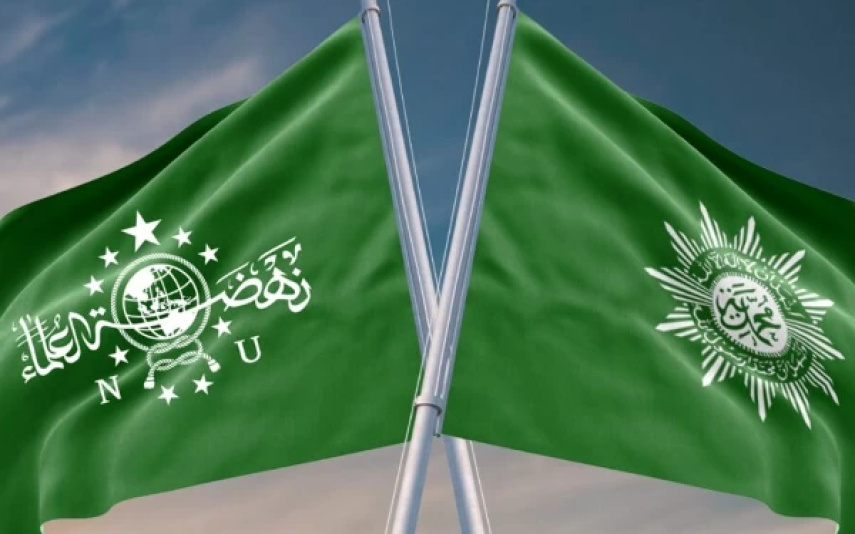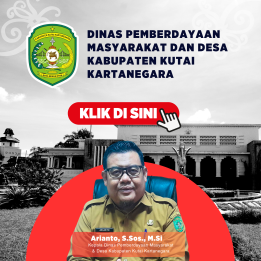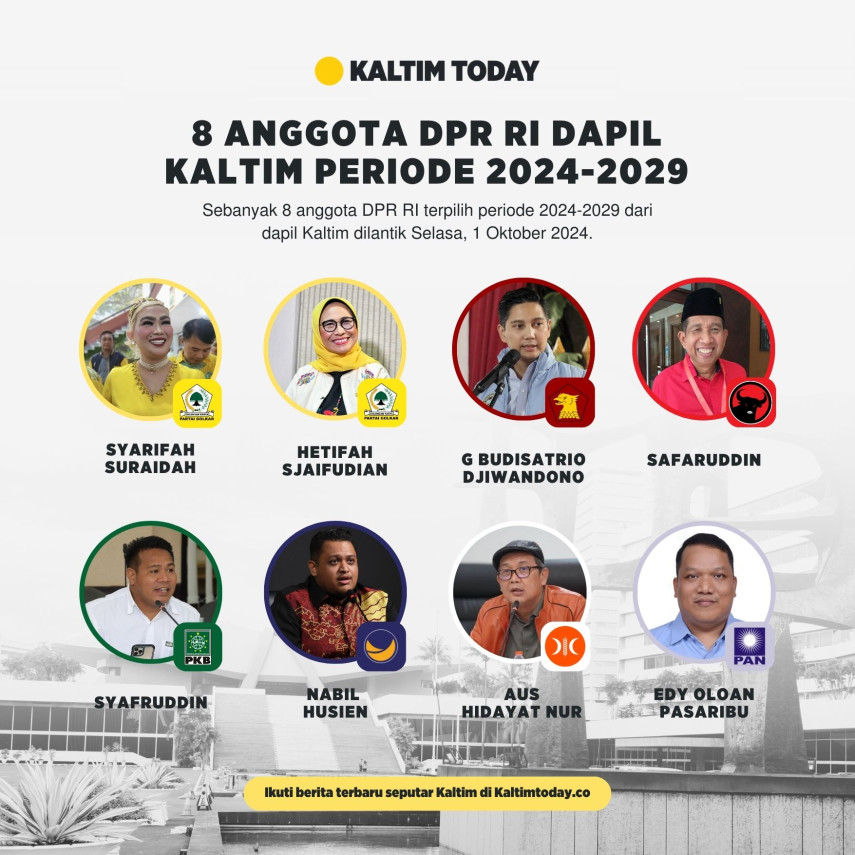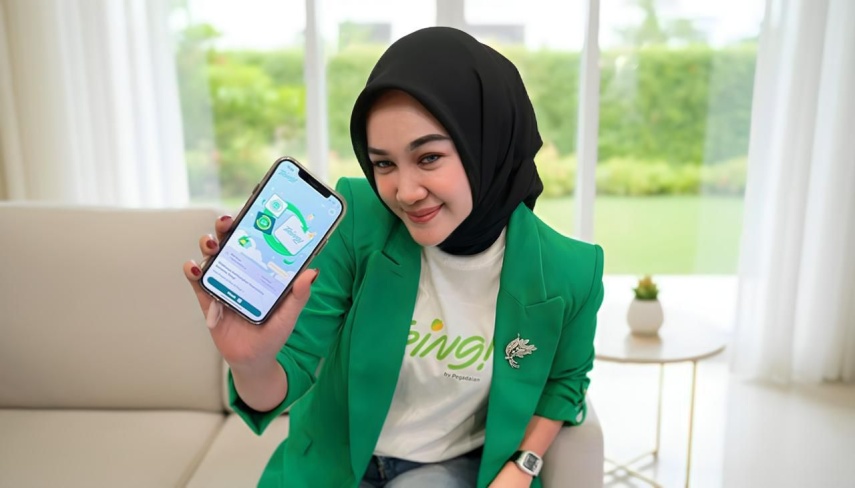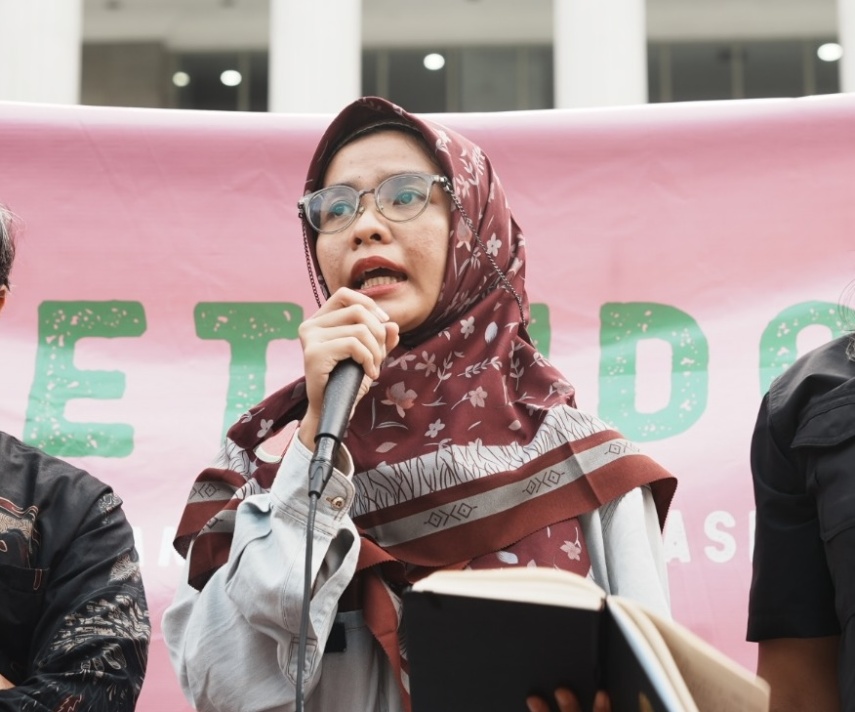Nasional
From Aru to Colombia: Indigenous Peoples Demand Recognition for Their Role in Protecting Nature
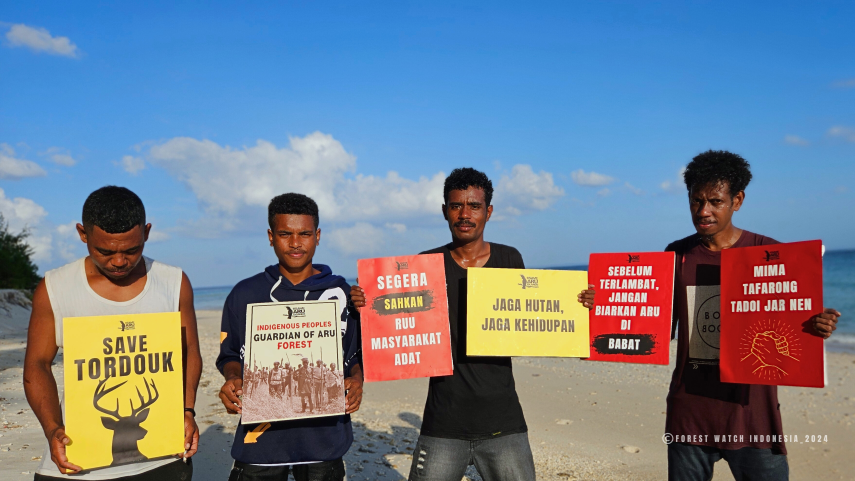
Kaltimtoday.co - The Indigenous peoples of the Aru Islands, Maluku, Indonesia, are calling for biodiversity protection in their ancestral lands. This peaceful demonstration coincides with the global biodiversity conservation talks at COP16 CBD in Cali, Colombia. Representing the Aru community, Monika Maritjie Kailey is present in Cali to advocate the urgency to protect biodiversity in her homeland. Meanwhile, on Kumareri Island in the Aru Islands, Indigenous leaders and youth are also staging a peaceful demonstration to support global biodiversity protection efforts, particularly in Maluku.
The Aru Islands are among Indonesia’s richest areas of biodiversity, comprising 832 island clusters with 800,000 hectares of land surrounded by 4 million hectares of seas and straits. The region includes 156,000 hectares of mangroves, 550,000 hectares of lowland tropical forests, 22,000 hectares of savanna, 19,000 hectares of seagrass beds, and 53,000 hectares of coral reefs. The Aru Sea alone accounts for 21% of Indonesia’s national fisheries potential (771,600 tons per year).
Despite its ecological wealth, the Aru Islands face ongoing threats to biodiversity, as much of its territory is classified as conversion production forest. Since the 1970s, at least four waves of permits have been issued in Aru, including for forest exploitation (1970-2000), sugarcane plantations, over-exploitation of marine areas, logging permits (IUPHHK-HA, 2007-2013), cattle ranching (2014-2021), and other forest utilization permits (carbon and natural forest permits, 2022-present). This history has motivated the Aru community to continue defending their natural resources and biodiversity in their ancestral lands.
"Indigenous communities have demonstrated their ability to preserve natural resources and biodiversity through traditional practices and local wisdom," said Monika Maritjie Kailey, an Indigenous advocate from Aru attending COP16. "We have repeatedly defended our forests and seas from extractive industry threats. It is time for the Indonesian government and the global community to recognize the role of Indigenous communities in protecting biodiversity by ensuring fair resource mobilization," she added.
The call for biodiversity protection in the Aru Islands also comes from Indigenous youth on the islands. Through their peaceful action, they are demanding serious government commitment to protect biodiversity, including revoking extractive permits that threaten biodiversity and accelerating the implementation of local regulations recognizing Indigenous rights.
Johan Djamanmona, coordinator of the peaceful action in the Aru Islands, stated, "Being Aru is not just a right; it is a duty. Protecting Aru means safeguarding life for the Aru people. Today’s action is a statement of the Aru Indigenous communities and youth’s struggle to reject environmentally harmful investments in Aru and to urge the central government to revoke all existing forest exploitation permits in the Aru Islands."
At COP16 CBD, discussions on recognizing Indigenous communities’ contributions to biodiversity conservation have been complex, especially concerning respect for Indigenous and Local Community Rights, essential within the Kunming-Montreal Global Biodiversity Framework (KM-GBF) agreed upon two years ago. Indigenous communities at COP16 are urging countries to fully acknowledge their contributions to biodiversity conservation and to establish a permanent Subsidiary Body focused on Article 8j, covering traditional knowledge, innovation, and practices in biodiversity conservation. However, some countries, including Indonesia’s delegation, have opposed this proposal, despite Indigenous Peoples and Local Communities' significant contributions toward KM-GBF targets. (read more: Indonesian CSO’s Joint-Statement at COP16 CBD)
Monika’s advocacy underscores an essential role of Indigenous communities as biodiversity guardians who need government support. Unfortunately, policies supporting biodiversity protection and management by Indigenous communities have yet to produce tangible impacts.
"Indonesia’s two key biodiversity protection policies—Presidential Instruction No. 1 of 2023 and Law No. 32 of 2024—are still not meeting Indigenous communities' needs and rights. The Presidential Instruction lacks legal-binding authority, which is why a Presidential Regulation would be a stronger instrument," said Bimantara, a researcher at Perkumpulan HuMA Indonesia.
"In the future, it would also be beneficial to revise these policies to align with the structure and responsibilities for biodiversity policy after the new administration takes office," he added.
In addition to their critical role in biodiversity preservation, Indigenous communities are highly vulnerable to the direct impacts of climate change. "Government policies on biodiversity, such as IBSAP (Indonesian Biodiversity Strategy and Action Plan) and climate commitments like the NDC (Nationally Determined Contribution), must respect and protect Indigenous Communities’ rights," said Salma Zakiyah, Program Officer for Forest and Climate at MADANI Berkelanjutan.
History has clearly shown that it is the Indigenous communities who have safeguarded biodiversity in the Aru Islands. Thus, recognizing their contributions to biodiversity protection in their territories is well deserved. "There is no excuse to ignore the existence of Indigenous communities and their contributions to natural resource protection," concluded Ogy Dwi Aulia of Forest Watch Indonesia.
[TOS]
Related Posts
- Dosen Unmul Kritik Pilkada Lewat DPRD, Sebut Potensi Hidupkan Kembali Orde Baru
- Pemulihan Pasca Bencana Banjir, Kaltim Kirim Bantuan Rp 1 Miliar ke Sumatera Barat
- Komisi III DPR: Pendemo Hanya Bisa Dipidana Jika Picu Keonaran dalam KUHP Baru
- Cegah Praktik Keuangan Ilegal, KUHP Baru Ancam Rentenir dan Pinjol Ilegal dengan Pidana Penjara
- Kuba Rilis Identitas 32 Perwira yang Tewas dalam Serangan AS di Venezuela, AS Bela Tindakannya
